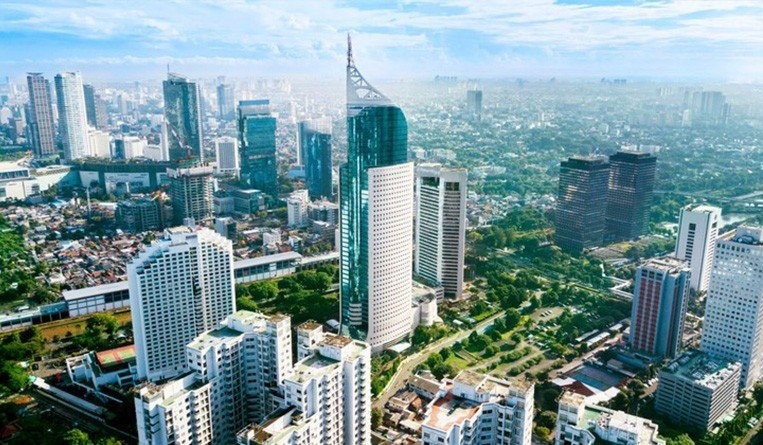Postponement Regimen on ‘Patent Working Requirements’ introduced by the Ministry of Law and Human Rights (Indonesia)
14 November 2018

Article 20 of Law No. 13 of 2016 on patents that came into effect on August 26, 2016, requires patent holders to “work” their patents in order to support the transfer of technology, investment and/or job opportunities in Indonesia. To comply with the working requirements, patent holders need to implement their patents, for example, by way of either manufacturing their patented products or using their patented processes in Indonesia within 36 months from the date the patent is granted.
Failure to “work” these patented inventions will open up an opportunity to any other interested person to apply for a compulsory licence in respect of the patented products or processes, pursuant to Article 82, which is reproduced as below.
Article 82
(1) A compulsory license shall constitute license to implement a patent granted by the Minister upon request by reason of:
a. Patent holder does not fulfil the obligation to make the product or using the process in Indonesia as referred to in Article 20 (1) within a period of 36 (thirty-six) months after being granted patent;
b. Patents have been implemented by the patent holder or licensee in the form and manner that is detrimental to the public interest; or
c. A patent resulting from the development of a patent that has been previously granted cannot be implemented without using another party’s patent that is still under protection.
(2) An application for a compulsory license referred to in paragraph (1) is free of charge.
In the event that an application for a compulsory licence is lodged by an interested person after the period of 36 months, the patent holders will have to produce evidence that the patented product or processes have been implemented in Indonesia.
Additionally, a patent may be revoked by the government due to non-compliance with these working requirements. A public prosecutor or “other party that represents national interests” can request revocation if a patent is not worked in Indonesia within the period of 36 months from the grant of the patent. However, it seems unlikely that a public prosecutor will initiate revocation proceedings against a patent on the ground that the patented product or process is not worked, unless it is against national interest.
On July 11, 2018, Implementing Regulation No. 15 of 2018 was issued to provide more clarity on the working requirements as recited in Article 20 of the current Indonesia patent law. Specifically, a postponement regime has been introduced. Patent holders who have yet to work their patented inventions in Indonesia can now defer their obligations by submitting a written request to the Ministry of Law along with reason(s) for the postponement. If approved, a postponement period of not exceeding five years may be granted. Seeking further postponement (i.e. beyond the maximum period of five years) may also be possible, citing valid reason(s).
The following reasons for the postponement of the implementation of a patent have been generally regarded as acceptable:
1. The patented process or product needs further developments.
2. There is lack of facilities to implement the patented process or products within 36 months from the grant of the patent.
3. Inability to make investment to bring the manufacturing technology into Indonesia.
Pursuant to the Implementing Regulation No. 15 of 2018, an initial request for postponement has to be submitted within three years from the grant of a patent.
Regrettably at this moment, the Implementing Regulation No. 15 of 2018 does not provide requirements and procedures for filing the postponement request in detail. Information provided therein is scant. For example, if an official fee is required and more importantly, whether such a postponement request is applicable to all patents that are currently in force or only to patents that were granted after Article 20 came into force, i.e. August 26, 2016. This is not stipulated in the Implementing Regulation No. 15 of 2018.
We therefore expect further clarification from the Indonesia Patent Office on this in the near future.









